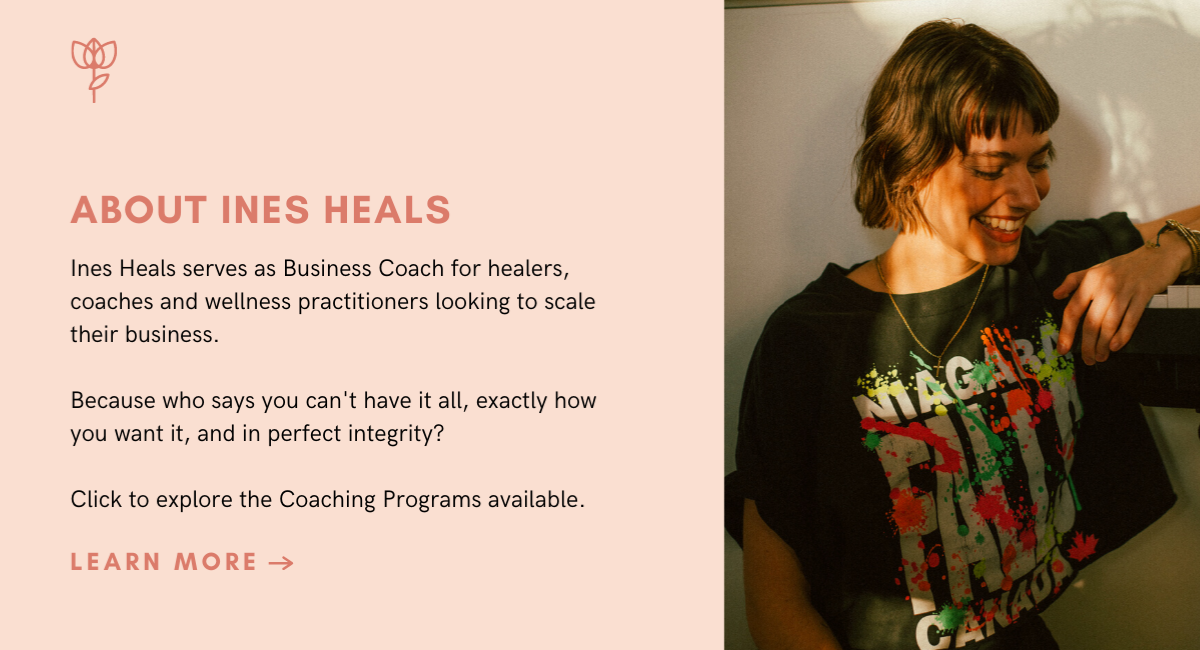The Dynamics of Denial: Why Humans Fear What They Desire
“Denial is the basic point of tension between that aspect of timelessness within the self that desires to realize reality as such, and the ego-driven attachment to time that is invested in keeping transcendent thoughts at bay.”
We lie to ourselves about all kinds of things in life.
Especially the things that mean the most to us. Why? What propels this behaviour of self-sabotage that so many of us partake in day after day?
The most intense hallmark of the human condition is the experience of existing in both time and timelessness at any given moment. We work on time, we move through time, we use time as an orientation point that unites the individual to the collective, but deep down, in the inner landscape of our hearts and minds, we all feel our innate timelessness.
Like with any really good comedy, the humour within this duality is subtle. You either get the joke, or you seek out a way of living your life that allows for you to laugh alongside everyone else, outwardly believing yourself to be a part of something greater even though deep down, in that same place where you perceive feelings of timelessness, you also feel your own fundamental, lingering discontent.
Enter denial.
Denial is the basic point of tension between that aspect of timelessness within the self that desires to realize reality as such, and the ego-driven attachment to time that is invested in keeping transcendent thoughts at bay, and continuing to participate in reality in the same way it has always been told that it should.
Denial is an inherited trait. It comes from inter-generational beliefs that we unconsciously adopt from our ancestors, and it comes from society’s well-formed educational program of logic trumping intuition.
The primary reason why denial is so advantageous to a collective such as ours is that it maintains a false sense of status quo in which each person actively participates in creating the illusion that all in life is safe, known, predictable and running on a conveniently timed schedule.
Because we are not taught how to engage timelessness, we are afraid of it.
Timelessness means that there is an innate transiency and impermanence to all things, which seemingly removes our sense of security in life. Things are always changing, and change is dangerous because change involves total presence to our feelings. Total presence to our feelings is dangerous because it involves constant personal evolution motivated by desire (in other words, change), and so we opt for denial instead. The denial of what we desire.
Human beings are, among all other life forms on this planet, driven by their desires.
We desire to become teachers, surgeons, firefighters; we desire to do something meaningful with our time, to help other people. We desire to love one another deeply and truly. We desire to open alternatives to ice cream shops, to educate people on painless childbirth, to end child labour on cotton farms.
All humans, deep down, desire to do good and be good in the world, and what are desires but intense feelings that push us in a particular direction in life?
Behind every desire is a feeling, and behind every feeling is an attempt for the timeless part of the self to communicate something to the logical part of the self.
We have been taught to favour logic over feeling, but when you boil everything down to the series of decisions that have made up a man’s entire lifetime, you cannot deny that the choices that were most victorious were always motivated by intense, positive feelings. Those intense positive feelings were desires, and while many in history have sought to defame the power of healthy desire, true desire does not come from the man: it is born from the same, timeless aspect of man that bypasses logic and connects him to God.
From this, we can deduce that God communicates his will to man through that man’s desires, which spawn strong feelings that then motivate his actions in the material world. All creations are built upon this formula.
Eventually, a man realizes he has no true choice between denial and pursuing his true desires, because denial always creates tension that is expressed in other ways. Whether it be addiction, overeating, self-harm, rage, or the formation of a cancerous tumour, all are expressions of repressed desire.
Since energy cannot be created or destroyed, the energy of a man’s desire will mutate into another form if, over time, its original form (that is, his timeless intensity of feeling) is continually repressed. The majority of ailments that plague humanity are born from this essential conflict, which brings us back to the beginning: the duality of time and timelessness.
To live within timelessness is to live free from denial, yet to live within timelessness is no more or less intense than to live in denial. It’s just that the experience of the intensity is different.
Within timelessness, intensity comes in the shape of intense love, intense joy, and at times, intense grief. Within denial, the experience of intensity comes in the form of internal chaos, confusion, and a constant feeling of dissonance between one’s inner world and the world he participates in that is external to himself.
At the end of every day, and of every cycle of desire, there remains only one decision for man to make: either engage the creative energy of life that expresses through desire, or deny this same energy and in so doing, silence the voice of God that speaks within.
It will always and forever be your choice. So, choose the divine timelessness within you.
All my love,
Ines

